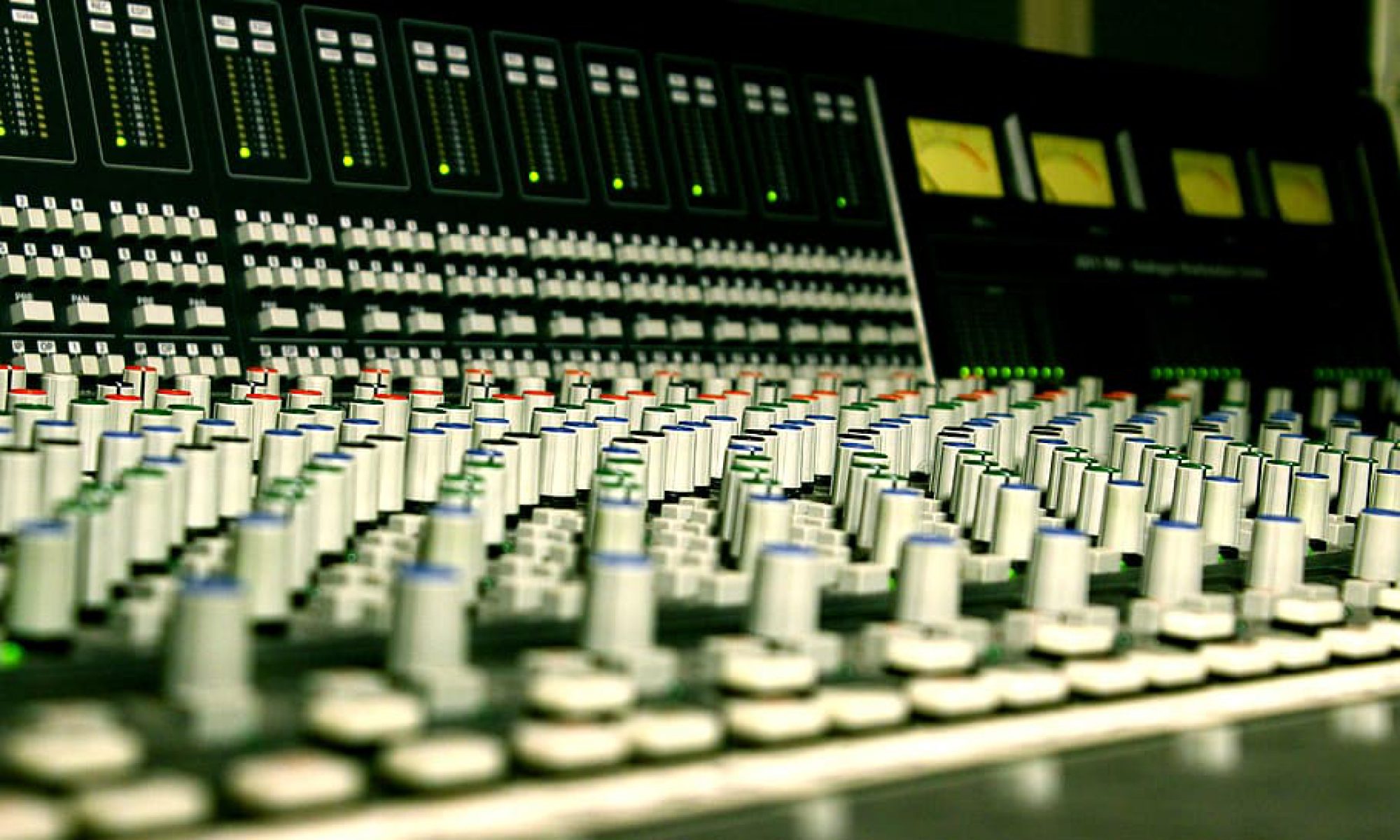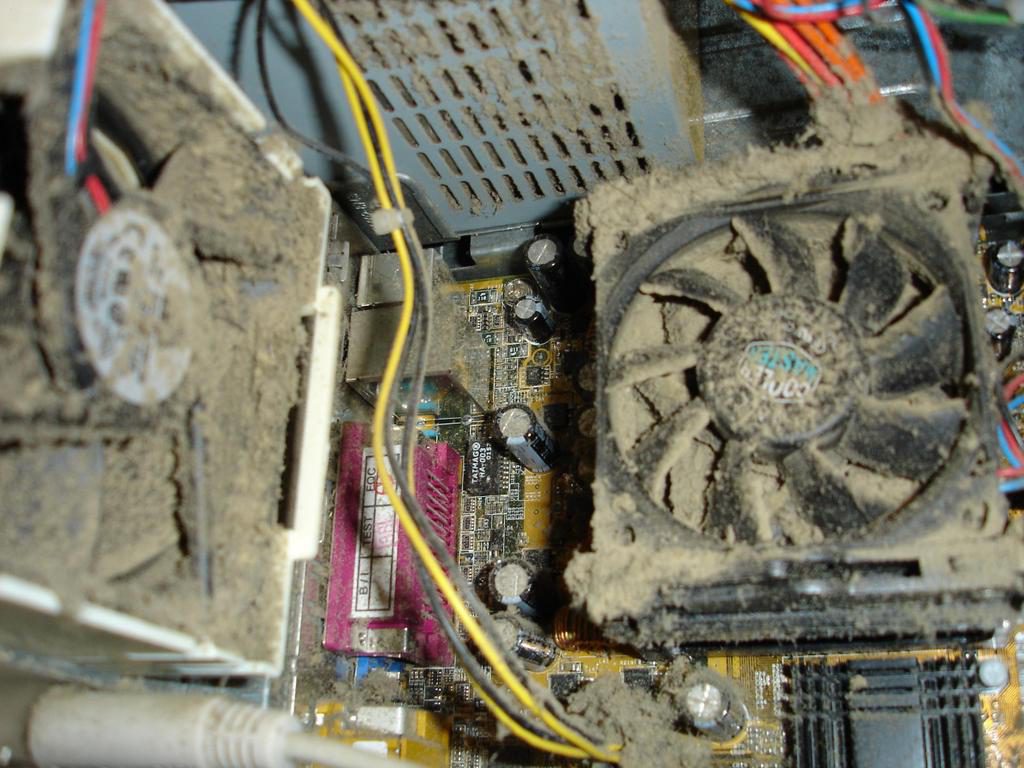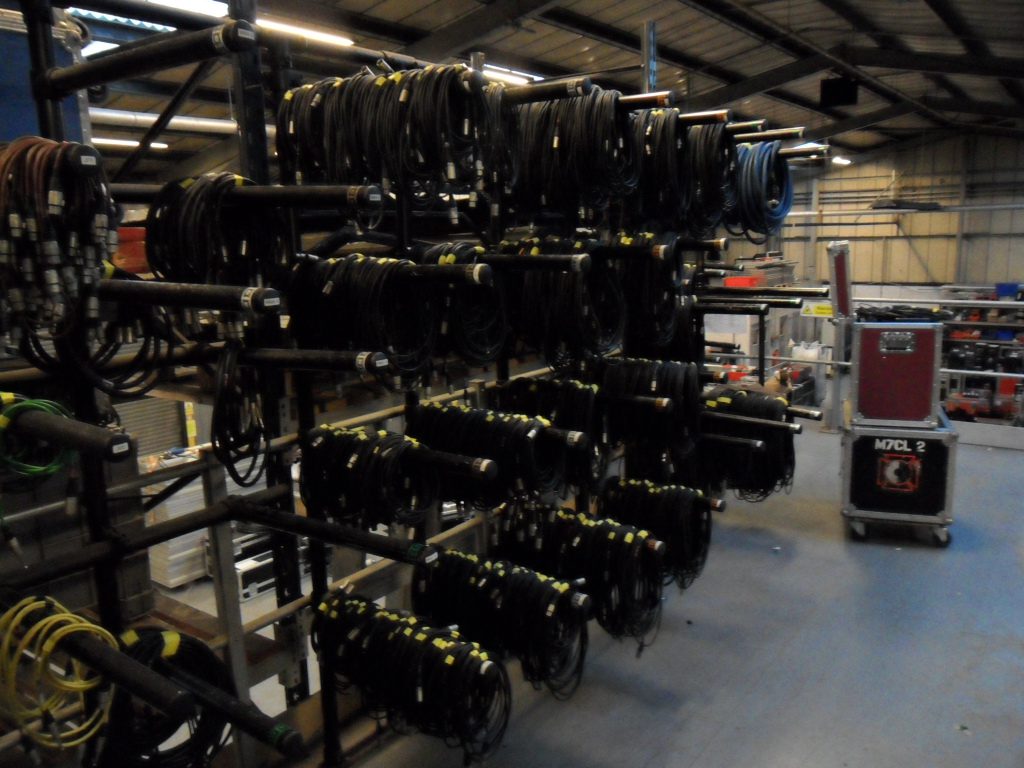Welcome to my inaugural series on maintenance. This is a new topic for me because in the last few years I’ve been the “systems” guy on staff. That is just a fancy way of saying that part of my job is making sure that everything is running smoothly. Most of the time that means equipment planning and design but in this time I’ve learned a lot about keeping production machines at their peak performance, managing high priority networks, and just the value in simply dusting. Let me be the first to say how incredibly easy it is to buy new gear, install it, and just sit back and be content. With so much going on, in the non-crazy times, it is very tempting to relax a bit but the reality is that it’s the work that we do when we aren’t slammed that makes the busy times not quite as crazy. We will see this category come up here and there to cover things we do (or should be doing) to prepare for the oncoming technical storm inevitably coming our way. In this short three part series I am going to cover the things that I do yearly, monthly, and weekly, to keep things running as smoothly as I can. This isn’t an exhaustive list but I combined what I actually do with a list of things I really should be doing so that we both can learn a bit through this series. The hardest part about this for me is that I know that this just means more work for me, but I’ve learned the hard way what allowing some of these things to be skipped usually has negative consequences.
As I mentioned, this week, we are going to be talking about things we, as audio technicians, really need to be doing once a year (at least). The first and probably the most important is the task of dusting. Unless your church sets up in a clean room with some crazy filtration, the reality is that things will get dusty. This may need to be more frequent if when you do this you find some pretty thick deposits. Probably the most affected by dust is electronics and particularly electronics that get really warm like speaker amplifiers and power supplies. Many air intakes should be just wiped off (will powered down of course to make sure the dust clumps don’t get sucked in) your hand or a towel. The build-up is usually worse if there isn’t a filter or a fan immediately on the other side of the vent. Just make sure that at least once a year you look at air intakes of all of your gear and make sure there aren’t blockages or a build-up of dust, if so, clean it off. If there is a lot, perhaps check more often. Proper cooling not only promotes efficient operation but also keeps things running smoothly for a longer period of time. If you haven’t really kept up with this, you may need to open up cases and clean things a bit deeper. You can used canned air or an air compressor with an air filter on it but we purchased a small electronics blower (similar to this one) awhile ago and it does a great job cleaning without contact (so it’s great for cleaning amps and computer parts out). Speaking of computers, this is something you shouldn’t skip. At least once a year, open the case up, grab your blower or canned air, and clean everything. Focus on CPU coolers and GPU components. These are usually the hottest things in the case and because of the fans will build up dust the most. Computers these days will actively thermally throttle themselves so if you don’t clean them out….it will slow itself down to prevent overheating. Don’t overthink this, just get rid of any dust deposits, blow out fans, make sure radiators are clean, etc. If you’re computer feels like it’s gotten louder, odds are, it just needs to be cleaned out.
Next, and this creates a bit of work, wipe any and all computers once a year. Mac and Windows hardware alike will benefit from a clean slate. This means backup your data, delete the hard drive, and start over. Don’t do this the day of an event, give yourself time to complete the task. Both MacOS and Windows both have a feature built-in to reinstall the machine. Don’t be tempted to keep user files, just delete it all. As you use your machine, you update software, adjust settings, install and uninstall programs, etc and over time, things build up on the machine. Neither OS does a great job cleaning up after an install/uninstall and both can get bogged down after a year or so of weekly demanding use. That combined with the fact that the applications we are all using for production are resource heavy, they need a computer running at it’s best, all the time. There is no doubt that a computers best day is the day it’s first turned on, but there is a way to bring it back to that first day. Wipe it out, and start over. This does create a bit of work but if you are ready, you can be back up and running in just a few hours. There are many tutorials online that detail how to migrate program settings, reinstall waves, etc that will prepare you for this process but going into it ready for anything. If its a mac, I usually grab an extra hard drive and run time machine so if something weird happens, I can just restore the mac from time machine. Either way, if you are using google drive or dropbox to backup your files (like you should be because hardware failure can happen at any time) restoring your mac could be as simple as just downloading them again.
Lastly, clean your equipment cages and racks. This means finally picking up that cable everyone trips on, sweeping up the mounds of dust and zip ties, and generally picking things up and putting them away. This doesn’t usually help gear work better but it will make people work better. Things will be put away so they can be found when they are needed which is a big deal in a crunch during a show. I’ve also found that cleaning up storage areas and cages has a tendency to “find” all the things you haven’t seen in quite awhile. The cable wall mysteriously fills up, adapters are found, and extension cords magically appear out of nowhere. I also use this opportunity to empty my broken cable bin. Hopefully more than once a year you are fixing cables (that are worth it) but this is a great time to empty it out, fix what you can, and toss the rest. I love doing this right before the budget year rolls over so that I know what I can spend those last dollars on replenishing.
In the end, it’s all about stewardship. Whether working in the church world, in a studio, on the road, cleaning up and cleaning out is the best way to take care of the gear that you have and make sure it’s in perfect working order for the next show. The best way to keep on top of this is to start a maintenance calendar. That way, when it’s time to clean out the projector or console, you’ll get an alert. Don’t feel the need to go out and do it all at once. The best way to get started is just doing a couple of things this week, a couple the next, etc. That way those notifications don’t all pop up at the same time. By keeping up with regular maintenance you will save yourself time later, I can almost guarantee it. If you have any questions about some of the other things that I do yearly to keep the systems where I work up and running feel free to leave a comment below, on facebook, or shoot me an email at daniel@studiostagelive.com. If you want to get notifications when new posts are up on the site, follow this link, fill out the form and you’ll get an email whenever something new is posted. See you all next week!




You mean we can open up our amp and use blower to keep it clean without touching it?
Yes. If your amp is out of warranty, it probably wouldnt be a bad idea to open it up now and then, with it powered off and unplugged of course, and with a blower or canned air clean out any heatsinks and fans to get the dust off. Please, please be careful if you find yourself in need of doing this. The caps in an amplifier could easier kill you or give you a heart attack. Sometimes it’s enough to just blow in the vents and see if you get dust out the other side. However, other times, if you can see dust build up, to crack it and clean it out.